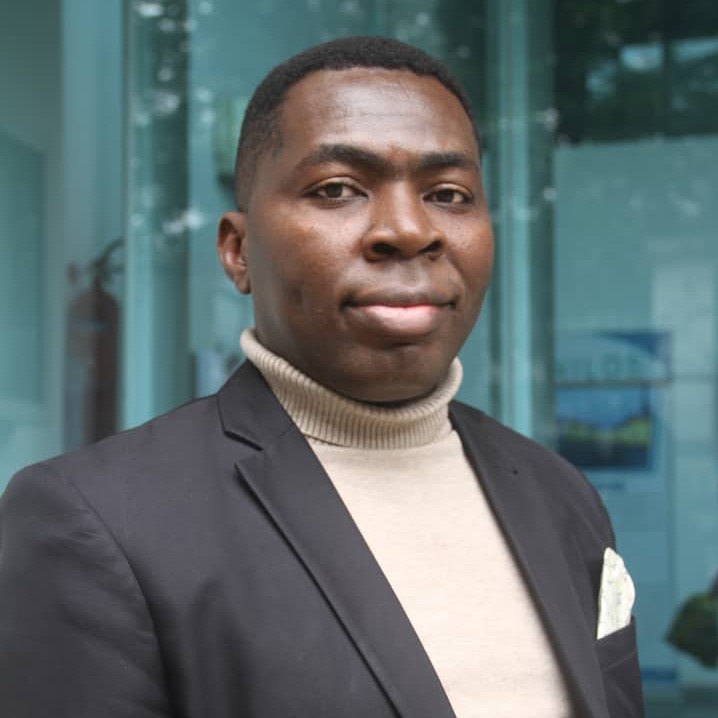By Dr. Tonye Clinton Jaja
On Monday, at the Supreme Court of Nigeria, a lawsuit with suit number 1174/2024 was dismissed.
It was a missed opportunity for the Supreme Court of Nigeria to have delivered a judgment on a very decisive (and divisive) issue.
The issue of whether the Governor of Rivers State was legally correct to have submitted the 2024 Rivers State budget to the Rivers State House of Assembly which consists of only four members/legislators.
Our Non-governmental Organisation (NGO), the Association of Legislative Drafting and Advocacy Practitioners-ALDRAP had previously filed a public interest litigation on this same point of law, wherein we sought for the Governor of Rivers State to re-present the 2024 budget to the Rivers State House of Assembly (the one consisting of Rt. Hon. Amawhule and the 26 others). However, the trial judge ruled against our NGO and stated that we must wait for the judgment of the Supreme Court of Nigeria. This was the judgement of the Rivers State High Court presided over by Hon. Justice Aprioku.
Now the Supreme Court of Nigeria, could not deliver any judgment on this matter because the matter was withdrawn by the legal team of the Governor of Rivers State.
As an academic lawyer, I am of the view that the Supreme Court of Nigeria has a duty to enrich our jurisprudence by making pronouncements and judgments on matters of law, even if it appears that such subject matter has become only of academic value because of effluxion of time!!!
This view is because as law lecturers we utilise such materials in teaching our law students.
This reminds me of the golden opportunities in the year 2015 and 2019 when the Supreme Court of Nigeria had the opportunity to pass judgment on two important matters as follows:
- Whether the National Assembly can veto the President’s power to assent to Bills for Acts to Alter the Provisions of the Constitution of the Federal Republic of Nigeria, 1999; and
- Whether the President of Nigeria can assent to Bills enacted by a previous Assembly of the National Assembly which has been dissolved.
In the above named circumstances the Supreme Court of Nigeria did not make any definite pronouncements!!
May I respectfully, use this opportunity to note that this sort of judicial attitude is another way of endorsing “reverse psychology” amongst lawyers, legislators who are “clients” of the Supreme Court of Nigeria!!!
The definition of “reverse psychology” is “the principle or practice of subtly encouraging a behaviour or belief by advocating its opposite.”
By not making definite pronouncements, is the Supreme Court of Nigeria not unwittingly encouraging the very unconstitutional behaviours that the Constitution of the Federal Republic of Nigeria, 1999 seeks to discourage such as unlawful defections by legislators, presenting budget to the unlawful legislators, just to mention a few!!!
Dr. Tonye Clinton Jaja,
Executive Director,
Nigerian Law Society (NLS)





